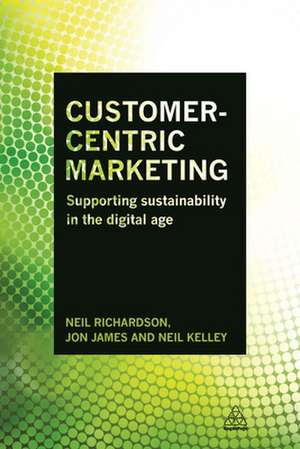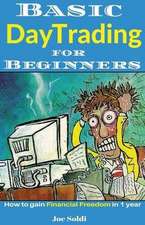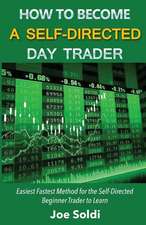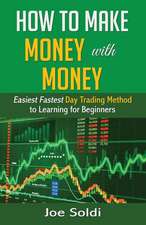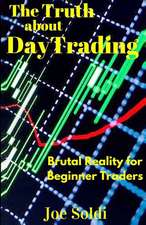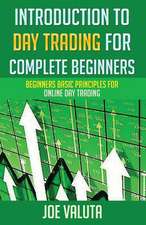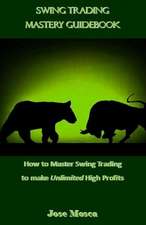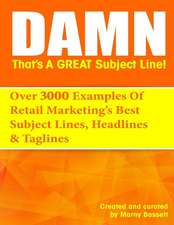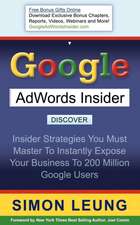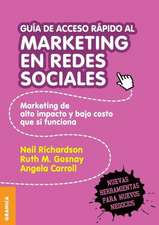Customer–Centric Marketing – Supporting Sustainability in the Digital Age
Autor Neil Richardson, Jon James, Neil Kelleyen Limba Engleză Paperback – 2 feb 2015
| Toate formatele și edițiile | Preț | Express |
|---|---|---|
| Paperback (1) | 235.03 lei 6-8 săpt. | |
| Kogan Page – 2 feb 2015 | 235.03 lei 6-8 săpt. | |
| Hardback (1) | 639.10 lei 6-8 săpt. | |
| Kogan Page – 2 mar 2016 | 639.10 lei 6-8 săpt. |
Preț: 235.03 lei
Nou
Puncte Express: 353
Preț estimativ în valută:
44.98€ • 46.84$ • 38.01£
44.98€ • 46.84$ • 38.01£
Carte tipărită la comandă
Livrare economică 07-21 martie
Preluare comenzi: 021 569.72.76
Specificații
ISBN-13: 9780749472092
ISBN-10: 074947209X
Pagini: 256
Dimensiuni: 156 x 234 x 20 mm
Greutate: 0.37 kg
Editura: Kogan Page
ISBN-10: 074947209X
Pagini: 256
Dimensiuni: 156 x 234 x 20 mm
Greutate: 0.37 kg
Editura: Kogan Page
Notă biografică
Neil Richardson, Jon James, Neil Kelley
Cuprins
Section - ONE: Changing landscapes; Chapter - 01: Developments in society; Chapter - 02: Why do companies fail?; Chapter - 03: Orientations; Chapter - 04: Marketing and sustainability: Separating facts from fiction; Section - TWO: Knowing your own company; Chapter - 05: Digital marketing and research; Chapter - 06: Systems and customer-centricity; Section - THREE: Building relationships; Chapter - 07: How stakeholders make buying decisions; Chapter - 08: Users and/or customers?; Chapter - 09: The sustainable customer; Chapter - 10: Acquiring, retaining and satisfying customers; Chapter - 11: Communities and networks; Section - FOUR: Marketing planning; Chapter - 12: Goal setting: Mission (or vision) statement, corporate objectives and gap analysis; Chapter - 13: Situation review: The internal (micro) and external (macro) environments; Chapter - 14: Marketing objectives, strategy formulation and tactical implementation; Chapter - 15: Resource allocation: Monitoring, evaluation and control; Chapter - 16: Barriers to adopting sustainable marketing planning: And how to overcome them; Section - FIVE: The marketing mix; Chapter - 17: Communications; Chapter - 18: Convenience for customers; Chapter - 19: Customer benefits; Chapter - 20: Cost or sacrifice; Chapter - 21: Services and sustainability; Section - SIX: What does the future hold?; Chapter - 22: What does the future hold?
